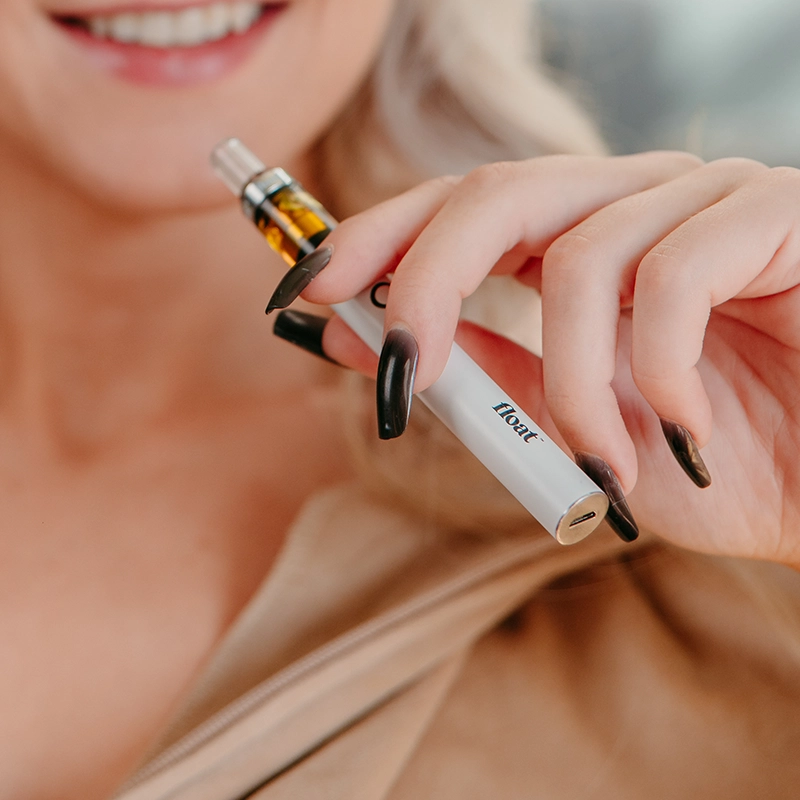Federal law classifies marijuana as a Schedule 1 drug. Drugs, substances, and chemicals with this classification are defined as having “no currently accepted medical use and a high potential for abuse.” Because marijuana remains illegal at the federal level and carries significant penalties, it’s important to understand how to responsibly use or administer medical marijuana in a state that allows it. This is especially true when you plan to carry or use cannabis in public areas.
Though federal laws are in place, numerous states have removed restrictions and passed laws that permit the use and administration of marijuana for qualifying medical conditions. Qualified doctors can only recommend the use of medical cannabis; they can’t prescribe it for patients.
Participating in your state’s medical marijuana program directly violates federal law, and if you end up in a courtroom, the federal justice system prohibits a “medical” defense.
Complying with Florida Cannabis Laws
Though Florida law allows possession of high-THC cannabis in public places, using it in public is prohibited. Be careful when transporting it by car. Keep it in the trunk or somewhere inaccessible so there is no question about whether you have medicated in the car if you do encounter a law enforcement official. Because of the effects of high-THC marijuana, you should wait several hours before operating a vehicle.
Knowing the difference between low-THC Cannabis and high-THC cannabis
Low-THC cannabis/high CBD (less than 0.8 percent or less of tetrahydrocannabinol / THC) does not have psychological effects. High-THC cannabis has side effects that include drowsiness and the “high” that is often associate with marijuana.
When purchased legally from a dispensary, qualified patients in Florida may medicate with low-THC cannabis/high CBD (cannabidiol) in public places including cars, boats, aircraft, and on public transportation.
Medicating with Cannabis in Public
It is best to keep all forms of medical cannabis outside a 1,500-foot radius of any school, daycare, or park where Drug Free Zone laws apply. Violations can double the maximum sentences in federal court where a medical defense for possession is prohibited.
There are special provisions for patients at schools/correctional institutions. In such situations, refer to Senate Bill 8A of Florida law and contact the institution directly to make sure you comply with all stipulations of the law.
Can I Fly on Commercial Airlines with Medical Cannabis?
CBD oil and any FDA-approved cannabis products (defined as containing less than 0.3% THC) are approved to bring on flights. Any cannabis products with a higher THC content are still illegal under federal law and therefore illegal to bring on a plane. At airports, TSA agents do not look for drugs, but if they see something that looks like marijuana, they can engage law enforcement.
Quick tips for cannabis use outside of the home
- Acquire a Patient Registry Card
- Carry only the amount you need for the duration of your outing or trip.
- Store high-THC medical cannabis out of reach in your car.
- Learn about specific laws in areas where you live and counties where you travel.
Do Not
- Travel with a plant
- Smoke marijuana
- Medicate with high-THC cannabis in public or on public transportation.
Medicating away from Home
Laws and perceptions about medical marijuana continue to change rapidly as more people understand the therapeutic aspects of the different types of medical cannabis. However, when it comes to carrying high-THC medical marijuana with you when you are out and about, be cautious and medicate at home. Responsible use of medical cannabis helps further the cause of making this beneficial treatment accessible to more people in need.
.svg)











.webp)


